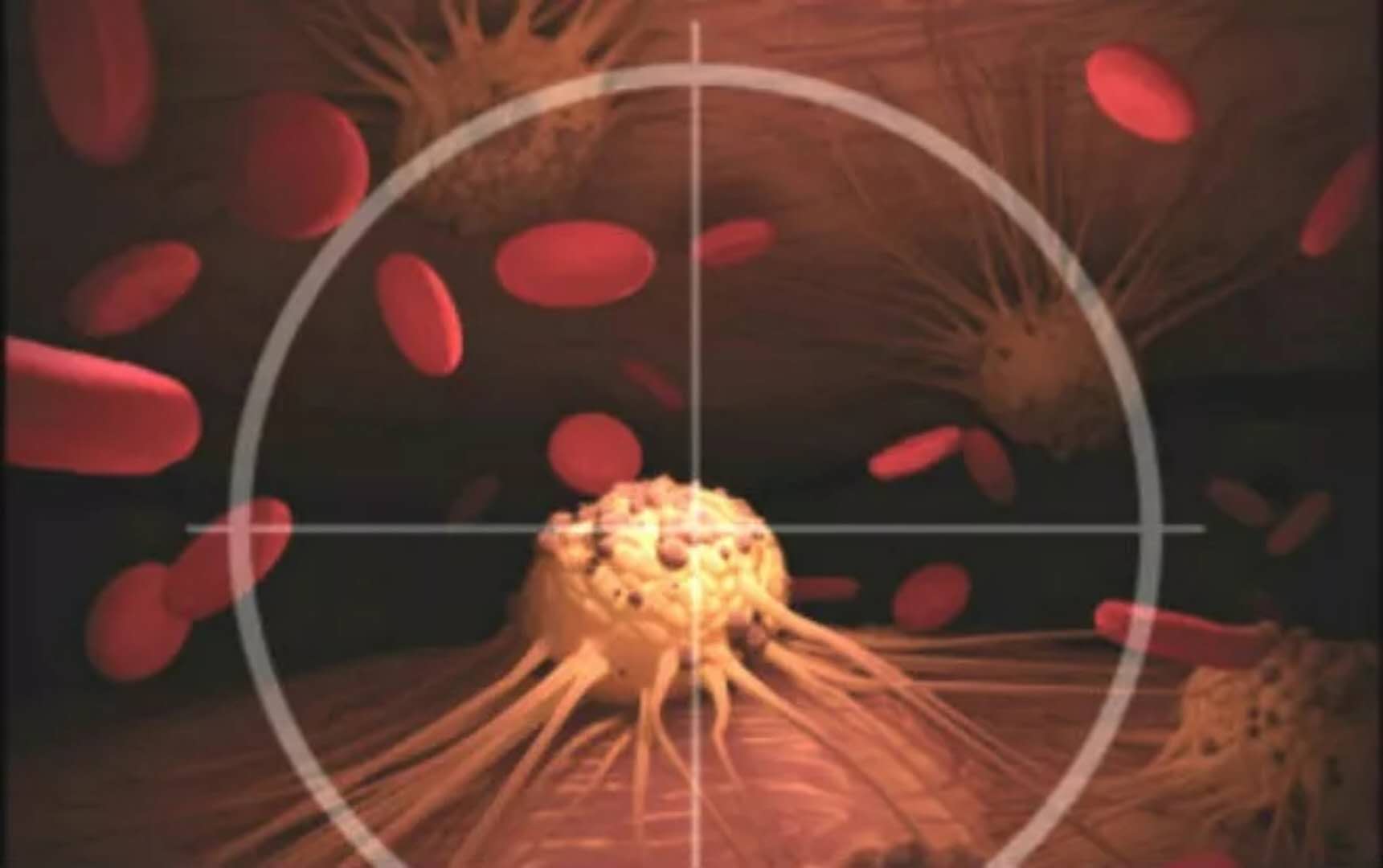Small molecules work! Scientists discover "control key molecules" that control the spread of cancer cells
Small molecules work! Scientists discover "control key molecules" that control the spread of cancer cells February 2, 2018 Source: Biological Exploration of: Floating Su In order to fight cancer, scientists have thought of many ways. Now, a microRNA (miR-125a-5p), a key small molecule that inhibits the spread of cancer cells, has been discovered, which can interact with the TIMP-1 gene to inhibit the expression of the latter, thereby preventing the spread of cancer cells and accelerating tumor death. Image source: Network "A small molecule that regulates gene expression can control the spread of cancer" - this is the latest in a recent issue published in the journal Oncotarget. Scientists from the Georgia Medical School and Augusta State University's Georgia Cancer Center found that microRNA (miR-125a-5p) levels are low and TIMP-1 protein expression is high in lung cancer cells. Among them, microRNA can cause abnormal cell death including cancer cells, and TIMP-1 has been confirmed to be associated with poor prognosis of cancer patients. When the TIMP-1 protein level is lowered, the tumor spread rate is lowered and the cancer cell death rate is increased. 1 , "double-sided" TIMP-1 TIMP-1 protein is not an absolute bad molecule. Instead, it plays an important role in maintaining health, including balancing matrix metalloproteinases (MMPs) and accelerating wound healing. MMPs are responsible for degrading the matrix surrounding the cells and helping to maintain cell stability. Although critical for wound healing, the properties of the TIMP-1 protein contribute to cancer cell metastasis. In order to promote metastasis and spread, cancer cells secrete the mechanism by which matrix metalloproteinases degrade. In cancer tissues, TIMP-1 protein levels are significantly elevated because of their unique role in both cardiovascular production and inhibition of apoptosis. In theory, TIMP-1 protein inhibits MMP enzyme activity. But years of research have revealed that in fact its other functions will intensify the aggressiveness of the tumor. Therefore, TIMP-1 protein has "double-edged". When TIMP-1 protein expression is up-regulated, it promotes the spread of breast cancer, colorectal cancer, and non-small cell lung cancer, resulting in poor prognosis. 2 , microRNA inhibition Mumtaz V. Rojiani, an oncologist at the Georgia Medical School and a member of the Molecular Oncology Program at the Georgia Cancer Center at Augusta State University, and the team found that miR-125a-5p in tumor cells accelerates cell death. They found a site for binding to miR-125a-5p on the TIMP-1 gene and confirmed that this interaction inhibits TIMP-1 expression. The results showed that the expression level of miR-125a-5p was significantly increased when the TIMP-1 gene was silenced. Conversely, when TIMP-1 levels are up-regulated, miR-125a-5p is inhibited. When TIMP-1 levels are lowered, cancer cells remain unchanged, and when TIMP-1 levels are high, cancer cells appear to be more likely to metastasize. The researchers speculate that this benefit may be partly due to miR-125a-5p. Therefore, they added more synthetic miR-125a-5p to cancer cells and found that this strategy would aggravate the death of non-cancer cells. Using lung cancer biopsies as a sample, the team found that the expression of TIMP-1 in cancer cells was much higher than that of surrounding healthy tissues, and that tumor cells had almost no miR-125a-5p. One small molecule that helps regulate gene expression plays a big role in keeping us safe from the machinations of cancer, scientists report. Pictured are Medical College of Georgia researchers (from left) Dr. Amyn Rojiani, Dr. Mumtaz Rojiani, Mercer University medical student and study coauthor Aliya Nurani and Dr. Sampa Ghoshal-Gupta Credit: Phil Jones, Augusta University Senior Photographer 3 , the next step In the past, more than 35 studies have shown that if TIMP-1 levels are high, it will lead to a poor prognosis. This terrible situation will improve after suppressing TIMP-1. However, the blood TIMP-1 index has not been applied to the clinic. Next, the team tried to figure out if other microRNAs would interact with TIMP-1 and other factors that influence TIMP-1 expression. Although it is difficult to up-regulate microRNA levels, the researchers believe that it can be used to resolve the details of cancer-fighting normal tissues and help identify new therapeutic goals. References: 1) Small molecule plays a big role in reducing cancer's spread Waterproof Wound Dressing,Rectangle Big Wound Dressing,Waterproof Adhesive Wound Dressing,Medical Fixation Wound Dressing,Sterile Wound Dressing,IV Cannula Dressing Surgimed Medical Supplies Co.,Ltd , https://www.surgimedcn.com

